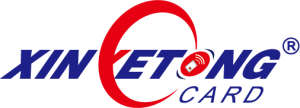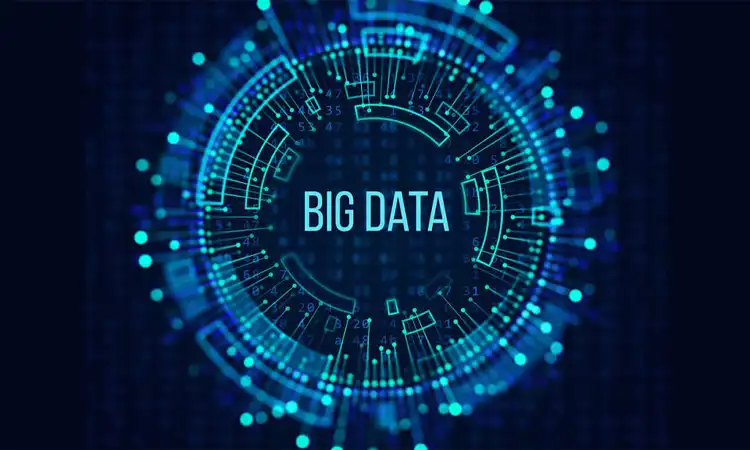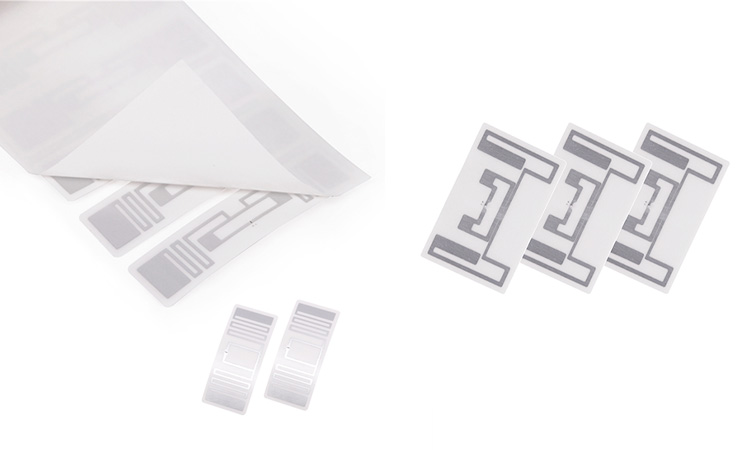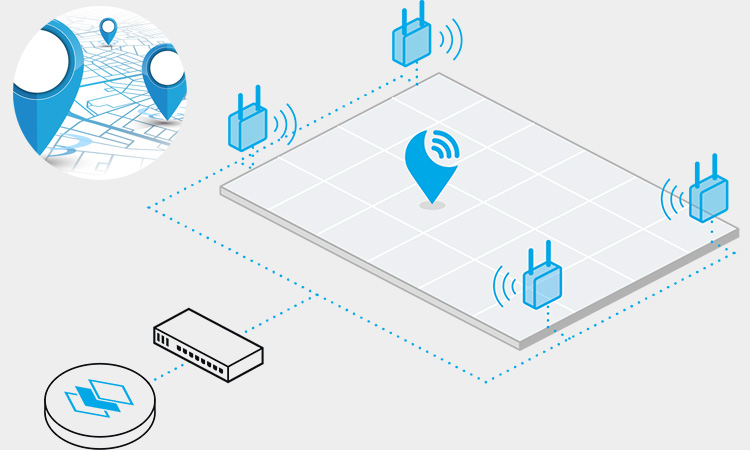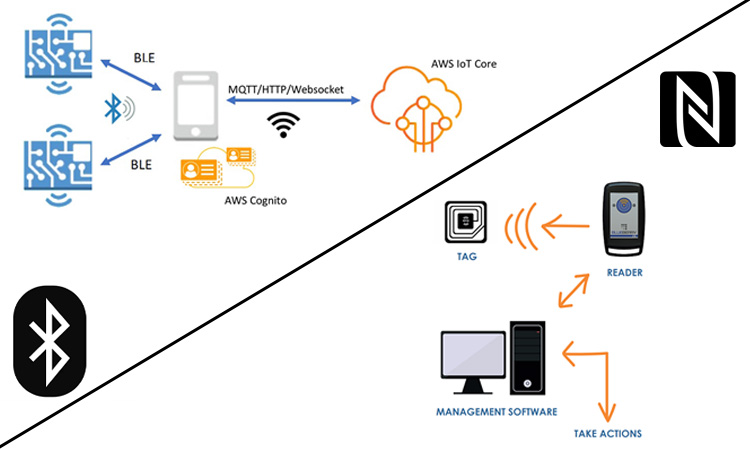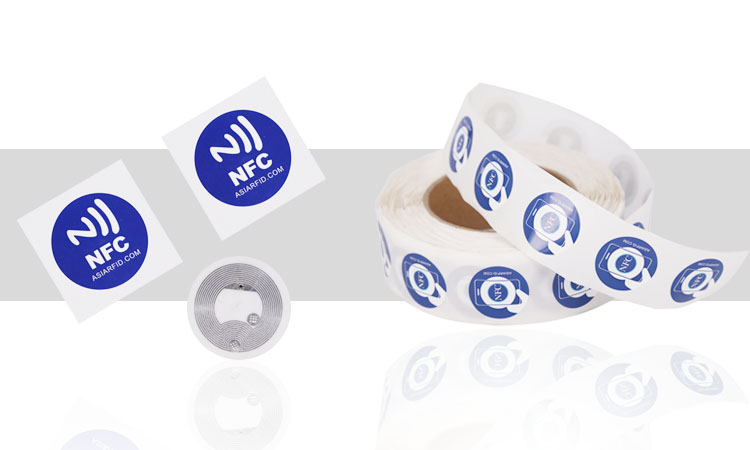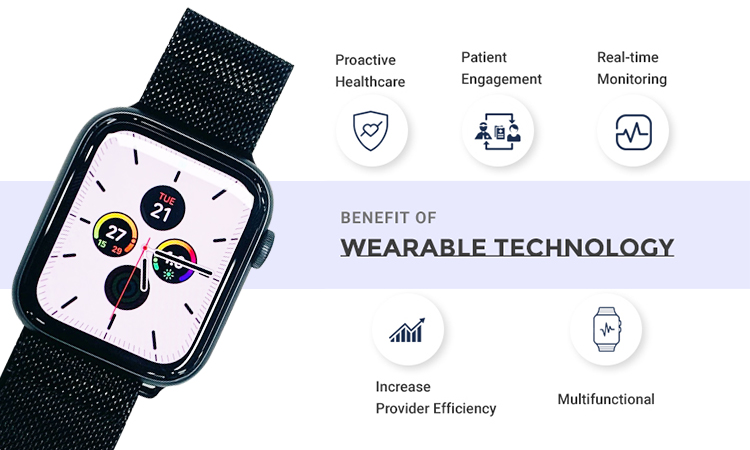RFID software is changing the way we interact with our businesses. Starting with mobile software is easier than ever, but knowing where to start is not always easy. In this post, we’ll look at what RFID software is and why you should consider getting it for your business.
What is RFID Software?
RFID software is a product that allows you to manage your RFID tag. You can track who has been at your event, see which employees take breaks when they take them, and what kind of breaks they take. You can also see if someone has stolen an item from the office or left the premises without authorization.
RFID technology uses radio waves to scan objects with an RFID tag attached. The tags are either passive or active, depending on whether they need power. An RFID reader can read passive tags without batteries or power. Active tags contain a battery, which needs to be replaced periodically.
RFID software is not only important for businesses that are already using RFID tags; it’s also important for those who aren’t yet using them. Many people think that RFID technology is something only big corporations need because it’s expensive and difficult to implement, but this couldn’t be further from the truth!
RFID software will help you save money on many different aspects of running your business—from hiring new employees to keeping track of inventory in your warehouse. It will also help you protect yourself against fraud and theft by tracking who enters your building and how long they stay there so that you can keep an eye out for suspicious behavior.
Now might be a good time if you haven’t started using RFID software yet!
If you don’t know where you should go to buy RFID software, we have prepared a list of 31 top RFIO providers for you.
The following are 7 of the better-known RFID companies in the United States
| Company Name | Location | Established |
| Pepperl + Fuchs, Inc. | Twinsburg, OH | 1943 |
| Labels Inter-Global, Inc. | New York, NY | 1995 |
| Osborne Industries, Inc. | Osborne, KS | 1973 |
| Diamond Technologies, Inc. | Hudson, MA | 1997 |
| Technologies Plus | Charlotte,NC | 1976 |
| Protopak Engineering Corp. | Elk Grove Village, IL | 1967 |
| Topflight Corp. | Glen Rock, PA | 1943 |
What are the Different Types of RFID Software?
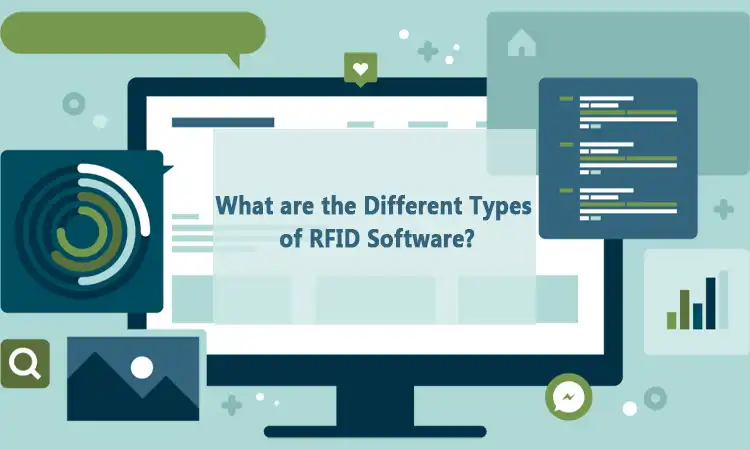
RFID software is a vital part of any business. Whether you’re a small startup or a Fortune 500 company, understanding what software is available and how it can help your business is the first step toward success.
Here are three different types of RFID software:
- Stand-alone RFID Software: This software runs independently without any other programs. It’s often used with barcode scanners or readers to track inventory or other items.
- Integrated RFID Management Systems: These systems manage multiple programs simultaneously, like inventory tracking or employee time cards. They typically include stand-alone and integrated applications that work together to provide users with a seamless experience when using their products or services.
- Cloud-based RFID Platforms: Cloud-based platforms allow businesses to access their data anywhere on any device they can access. This makes it possible for businesses to improve efficiency while reducing data collection and analysis costs by outsourcing this process to third parties who specialize in providing cloud-based solutions like ours!
Are You Aware of the Benefits of Using RFID Software?
RFID software is a powerful tool that can help you to manage your inventory more effectively. It provides real-time information about inventory levels and allows you to track each item as it moves through the supply chain. In this way, RFID software makes it easier to ensure that all parts are available at all times and helps you to optimize your supply chain.
An effective inventory management system is crucial today when retailers must deal with rising demand and constant price competition. With RFID software, you can increase efficiency by ensuring that all your products are available at all times and that they are tracked from warehouse to store shelf.
RFID systems also allow retailers to track items in transit, which means that they can guarantee delivery dates and avoid any delays due to missed deliveries or poor quality control standards. Finally, using an RFID system can help reduce theft by providing an easy way for employees to identify which items have been sold or given away without being traced back through the supply chain.
If you’re not using RFID software yet, here are 5 reasons why you should be:
- You can automate processes that take place in your business.
- You can increase efficiency by tracking inventory from place to place or store to store.
- You can create a more accurate system by knowing how much product is available at any time.
- You can improve customer service by knowing what products they want when they come in the door!
- You’ll save on storage costs because everything is counted!
RFID Software Becomes Increasingly Important
The RFID software market has been growing at a rapid pace, with the market expected to reach $2 billion by 2024. This growth is because RFID has become a critical component of many industries and processes. One of the most obvious examples is its use in inventory management, which helps companies track their supply chain and ensure that products are shipped on time. But there are other industries where RFID software is essential for success:
- In industries like banking and finance, You can use RFID tags to track deposits and withdrawals from ATMs and cash dispensers. This can help prevent fraud and reduce costs by ensuring accurate reporting of cash transactions.
- Healthcare, where doctors use RFID tags to monitor patients’ vital signs during procedures like blood draws or X-Rays. This allows them to provide better care for patients while saving money on medical supplies by reducing wastage through reduced waste disposal costs when compared with paper records.
- Inventory management is another area where RFID technology has become essential for businesses looking to maximize efficiency in their supply chains while reducing waste through accurate tracking of product movement throughout.
Is Your Business Ready for RFID Software?
RFID technology has been around for decades, but it’s only recently become affordable and accessible to small businesses. If you’re not ready, you may miss out on a great way to make your company more efficient, effective, and profitable.
While RFID software isn’t something that every business needs, it can be a great tool to help streamline operations and increase productivity. It also allows you to track inventory and manage supplies in real-time, so you know what needs replacing or replenishing when it comes time to restock.
And because RFID technology is so easy to use, there are no technical requirements or special skills required either! Anyone with access to an internet browser can use this technology, no matter how much experience they have with computers or software programs.
Why Do You Need It?
RFID software is a powerful tool that can help you increase sales, reduce inventory costs, improve customer service, and more. But if you’re not ready to switch to RFID software, it’s an expensive mistake that could cost you big time.
Here’s why:
- You’ll miss out on real-time information about your customers, including where they are in your store or shop. This means you won’t know if someone is walking into your store when they’re not supposed to be there—or if they’ve been there before and bought something without paying for it.
- You’ll miss out on valuable data about how customers use your products or services—and what products or services are most popular among them.
- You’ll be losing out on opportunities to improve customer satisfaction by knowing what works best for each customer—and then communicating that information back into the world so other businesses can learn from it!
How to Make the Transition to RFID Software?
RFID technology is a strong force in today’s business world. It can help save money, increase efficiency, and provide better customer service. But it cannot be easy to implement at first.
Luckily, there are several options out there for making the transition from traditional software to RFID software. Here are some tips on how you can make the change:
- Consider using an existing product with an RFID component built-in. This way, you won’t have to worry about rewriting any code or building your system from scratch.
- Look for a product that offers both RFID and barcode capabilities as different products so you can use them together as needed.
- Look for products that offer cloud-based services because this will allow you access from anywhere with an internet connection (including mobile devices like smartphones and tablets).
- Look for a product that offers online training because it will help you learn how to use all of its features immediately instead of waiting until after hours or on weekends when most people aren’t around!
As you can see, RFID Software is an essential tool for everyone. But the benefits don’t stop there. Using this software can be an effective way to grow your business. If you’re looking for a convenient way to track inventory throughout the supply chain, that’s where you should start. And suppose you want to implement a digital loyalty program or build an inventory management system that improves order orchestration and reduces unnecessary rework. In that case, RFID is a good option for you.
About RFID Sofware FAQ
-
What is RFID software, and how does it work?
RFID software is a type of software that is used to manage and track assets and inventory using RFID tags. It uses RFID readers to capture data from RFID tags and store it in a database.
-
How does RFID software integrate with other enterprise systems, such as ERP and WMS?
RFID software integrates with other enterprise systems through APIs and connectors. For example, RFID software can be integrated with ERP systems to provide real-time inventory updates.
-
What are the different types of RFID software available, and how do they differ?
There are different types of RFID software available, such as middleware, enterprise RFID software, and RFID hardware management software. They differ in features, scalability, and compatibility with different RFID hardware.
-
What are the security considerations when using RFID software?
Security considerations when using RFID software include protecting against unauthorized access to data, securing RFID readers, and encrypting data in transit.
-
How does RFID software handle data privacy and compliance with regulations such as GDPR?
RFID software handles data privacy and compliance with regulations such as GDPR by implementing data protection measures such as encryption, access control, and data masking.
-
What is a Big Data database and how is it different from traditional databases?
A Big Data database is designed to handle and process large volumes of structured, semi-structured, and unstructured data. It differs from traditional databases in scalability, data model, query processing, and other features.
-
How do Big Data databases handle storing and processing large volumes of data?
Big Data databases use distributed storage and processing techniques to handle large volumes of data. They use clusters of commodity hardware to store and process data in parallel.
-
What are some of the most popular Big Data databases, and what are their key features?
Some popular Big Data databases include Hadoop, Cassandra, MongoDB, and Apache Spark. Each database has its features and strengths, such as Hadoop’s ability to handle large-scale batch processing and Spark’s support for real-time data processing.
-
How do Big Data databases support real-time data processing and analysis?
Big Data databases use techniques such as stream processing, complex event processing, and in-memory computing to support real-time data processing and analysis.
-
How do Big Data databases handle data security and privacy?
Big Data databases use encryption, access control, and data masking to ensure data security and privacy. They also comply with various data protection regulations such as GDPR and CCPA.
-
What are the benefits of using a Big Data database for business intelligence and analytics?
Big Data databases provide faster data processing, improved data quality, better data integration, and more accurate insights. They also enable organizations to perform advanced analytics such as machine learning and predictive analytics.
-
How do Big Data databases integrate with other technologies like data lakes and Hadoop?
Big Data databases integrate with other Big Data technologies through APIs and connectors. For example, Hadoop can be used with Apache Hive to query data stored in Hadoop distributed file system (HDFS).
